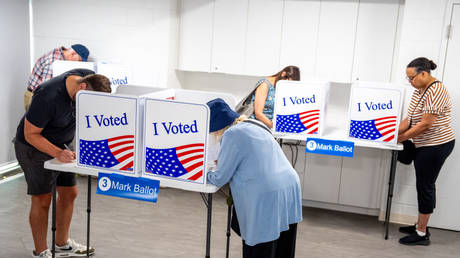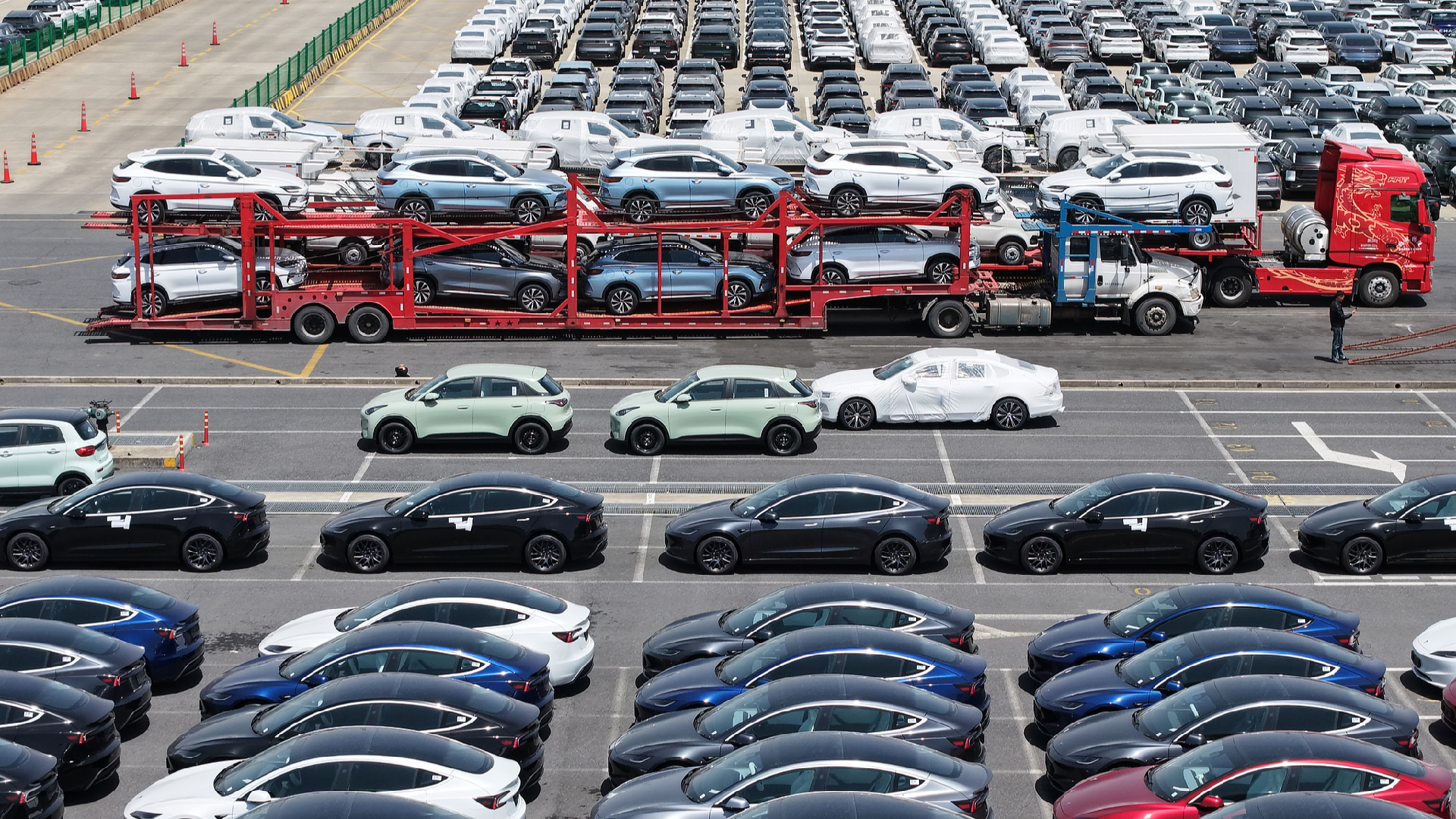US Republicans and Democrats Dispute Voter Eligibility
Courts in three U.S. states have dismissed GOP attempts to eliminate potentially illegal voters in advance of the presidential election next week.. source:TROIB RTS

The high court's ruling was supported by six conservative justices, with dissent from three liberal justices. In August, Governor Youngkin, a Republican, issued an executive order that revoked the voting rights of 1,600 individuals who could not provide proof of citizenship. Pro-immigrant activist groups challenged the state in court, winning an initial ruling that prohibited Youngkin from implementing any “systemic” changes to voter rolls so close to the election.
An appeals court later sided with Youngkin, and the case ultimately reached the Supreme Court. Youngkin characterized the court's decision on Wednesday as a “victory for common sense and election fairness.”
However, Virginia is not classified as a swing state, and on the previous Tuesday, judges in three critical battlegrounds imposed significant setbacks on Republican efforts.
In North Carolina, where Donald Trump is polling slightly ahead of Vice President Kamala Harris, a federal court blocked a Republican initiative to remove 225,000 individuals from the voter rolls for registering without providing some form of identification. Republicans have long argued that their opponents oppose voter ID laws because they rely on votes from illegal immigrants.
In Pennsylvania, a district court judge rejected a Republican request to separate overseas and military votes from those cast on election day, reasoning that these ballots could be obtained without identification. Pennsylvania had distributed around 25,000 overseas ballots this year, with Trump currently holding a narrow lead in the state.
The GOP lawmakers behind the request claimed that allowing ballots to be cast without identification “makes Pennsylvania’s elections vulnerable to ineligible votes” and that foreign actors “could easily submit” illegally-requested ballots, complicating the integrity of the voting process.
Additionally, the Nevada Supreme Court ruled that mail-in ballots must be accepted for up to three days after election day, even if they lack postmarks. Trump had previously asserted that he was deprived of victory in multiple swing states due to the influx of mail-in and drop-boxed ballots in the days following the election.
In Nevada, Trump’s lead is the tightest among the three states, as he is polling just half a point ahead of Harris. In the 2020 election, Trump lost Nevada to President Joe Biden by a margin of less than 34,000 votes.
On Tuesday evening, Trump urged his supporters via social media to “report cheating to the authorities.” He warned earlier in the week that “those involved in unscrupulous behavior will be sought out, caught, and prosecuted” if he emerges victorious next week.
Debra A Smith contributed to this report for TROIB News












